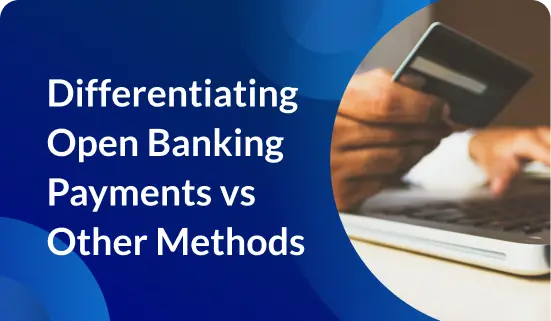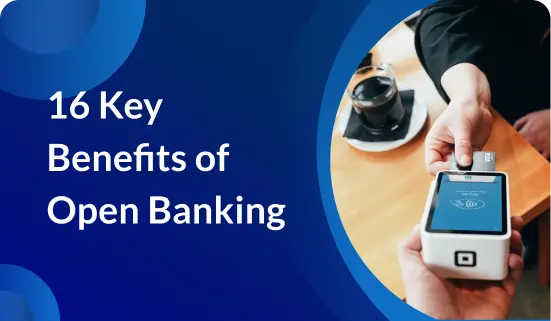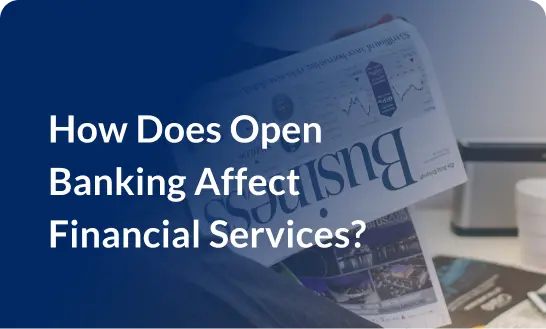As the financial sector in the Philippines embraces the digital age, open banking emerges as an innovative force, promising enhanced convenience and personalized financial services. However, the security of open banking systems remains a top concern for many.
That’s why many wonder, is open banking safe?
This blog explores the robust security measures that ensure open banking in the Philippines is not only innovative but also secure, providing peace of mind for consumers and businesses alike.
Open Banking Security in the Philippines
Open banking in the Philippines is backed by rigorous security protocols to protect consumer data and ensure the integrity of financial transactions.
Governed by the Bangko Sentral ng Pilipinas (BSP), the framework requires all participating entities to adhere to strict guidelines that prioritize data security and consumer protection. The adoption of advanced encryption technologies, strict consent management practices, and regular security audits are just the beginning.
These measures are complemented by secure financial data APIs that safeguard against unauthorized access and data breaches. Moreover, the strong customer authentication (SCA) protocols further bolster security, requiring multiple verification factors to ensure that only legitimate users can access sensitive financial information.
This comprehensive approach to security helps prevent potential cyber threats and builds trust among users, encouraging the wider acceptance of safe open banking services in the country.
How Open Banking is Kept Safe in the Philippines
In the Philippines, ensuring the safety of open banking involves a multifaceted approach. From strict regulatory oversight to advanced technological safeguards, every aspect is designed to protect user data and foster a secure banking environment.
-

Local Regulatory Compliance
The BSP sets comprehensive guidelines for open banking, requiring all parties to meet high-security standards. These regulations ensure that financial institutions and third-party providers adhere to best practices in data security, undergo rigorous vetting processes, and maintain operational integrity at all times. For instance, banks are regularly checked for compliance, ensuring they uphold the required security measures and protect customer data effectively.
-

Encryption Technology
Encryption is a cornerstone of safe open banking in the Philippines. For example, APIs like Brankas Disburse API, ensure that all data transmitted between banks and third-party providers is securely encoded, preventing hackers from intercepting or misusing personal and financial information. This technology is vital in maintaining the confidentiality and integrity of user data, making open banking a safer option for conducting financial transactions online.
-

User Consent Management
With user consent, Filipino customers have the power to control who accesses their data and for what purpose. This system enhances transparency and builds trust, as consumers can manage their permissions through secure channels, ensuring their financial data is only shared with entities they trust and only for reasons they have approved.
-

Secure API Framework
The BSP mandates the use of secure APIs in open banking. These are designed to protect data exchanges between financial institutions and third-party services. These APIs are crucial for preventing unauthorized access and ensuring that all data transfers are conducted in a secure manner. They act as a safeguard, ensuring that transactions and data access are executed securely.
-

Strong Authentication Protocols
To access financial services via open banking, strong customer authentication is crucial. This involves multiple verification steps to confirm a user's identity, which significantly reduces the risk of fraud. Such protocols ensure that financial transactions and sensitive information are securely gated, protecting users from potential security breaches.
By incorporating robust APIs like Brankas Data, the process is secured and streamlined, enhancing user convenience while maintaining high security standards. -

Regular Security Audits
Regular audits are conducted to ensure that all parties involved in open banking comply with established security standards. These audits help identify and address vulnerabilities, ensuring that security measures are always up to date and effective in protecting against evolving cyber threats.
-

Adherence to Data Privacy Laws
Open banking in the Philippines also aligns with the Data Privacy Act of 2012, which sets out obligations for the protection of personal information. This legal framework supports the ethical handling of data, ensuring that all personal information is treated with the highest standard of security and confidentiality.
Open Banking is Safe and Secure with Brankas
So, is it safe to use open banking? The answer is yes.
Gaining the benefits of open banking in the Philippines stands on a foundation of stringent security measures, designed to protect consumer data and ensure the integrity of financial services. With the support of regulations like the BSP’s guidelines and the Data Privacy Act, along with cutting-edge security technologies and practices, Filipino consumers and businesses can engage with open banking confidently.
Brankas leads the way in harnessing these advancements, offering secure, innovative open banking solutions that empower users to manage their finances efficiently and safely.








